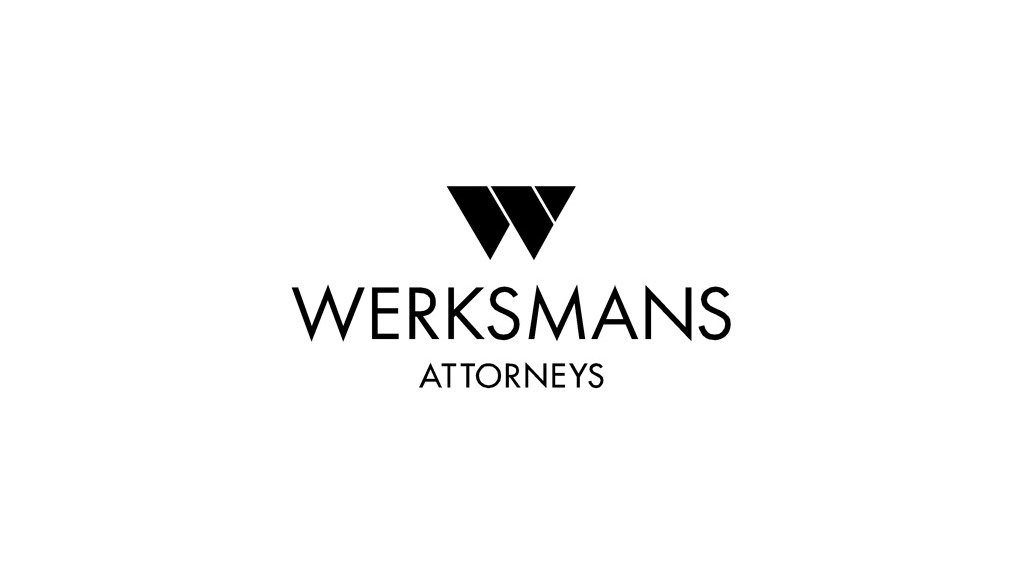On 12 May 2025, the Supreme Court of Appeal delivered a judgment in Henque 3935 CC t/a PQ Clothing Outlet v Commissioner for the South African Revenue Service [2025] ZASCA 56 that brings clarity to the treatment of tax debts in the context of business rescue. The Court confirmed what many industry specialists have long argued – a tax liability arises at the time of the taxable transaction, not when SARS issues its assessment.
This judgment is significant for business rescue practitioners, creditors, and taxpayers, as it reaffirms the purpose of business rescue which is to facilitate rehabilitation by giving companies breathing space from enforcement of pre-commencement debts and providing an orderly process for resolution under a business rescue plan.
Henque t/a PQ Clothing (Henque) is a clothing retailer operating 40 stores nationwide and entered business rescue on 31 January 2018. Prior to commencing business rescue proceedings it filed a 2017 income tax return reflecting a loss. In November 2017, SARS issued an original assessment based on that return and indicated that an audit would follow. After the commencement of business rescue, SARS raised an additional assessment in May 2018 for the 2017 tax year and sought to recover their liability by setting it off against VAT refunds that became due after the business rescue had commenced.
Henque objected, arguing that both the income tax and VAT liabilities arose from pre-business rescue events and must therefore be treated as pre-commencement debts, subject to the moratorium and payable under the business rescue plan. The High Court disagreed, finding that the debts only arose when assessed and were therefore post-commencement liabilities, allowing SARS to set them off against the VAT refunds.
Henque appealed the High Court decision to the Supreme Court of Appeal (SCA). At the heart of the appeal was whether tax liabilities, specifically income tax for the 2017 year and VAT for the January 2018 period, arose when the relevant taxable events occurred or only when SARS issued assessments after business rescue began. Closely tied to this was whether SARS could unilaterally set off post-commencement VAT refunds against what it claimed were post-commencement tax debts.
The SCA’s reasoning was founded in principle and commercial reality. It held that the liability arose on the date of the taxable event, which is the accrual of income for income tax and the supply of goods or services for VAT, and not upon the date of SARS’ subsequent assessment. The SCA explained that the assessment, simply quantifies and confirms the liability; it does not create it.
The Court cited earlier decisions, such as Eravin Construction CC v Bekker NO and Others 2016 (6) SA 589 (SCA), which distinguished between when a debt is “owed” (when the obligation arises) and when it is “due” (when payment is demanded). SARS’ position had conflated these two concepts, treating the date of assessment as the date of liability, which the SCA rejected.
On the issue of set-off, the SCA firmly rejected SARS’ attempt to offset the pre-commencement debts against post-commencement VAT refunds. Section 133 of the Companies Act imposes a moratorium on the enforcement of pre-commencement debts. The VAT refunds accrued to Henque after business rescue began and were not available for SARS to apply unilaterally against older debts.
Even under the common law, set-off requires mutual, liquid, and debts which are due, which was not the case here. The SCA noted that allowing SARS to bypass the statutory framework would undermine the integrity of the business rescue process.
In summary, the Henque judgment restores clarity and certainty to the treatment of tax debts in business rescue. It ensures that SARS, like all creditors, is bound by the business rescue plan for debts incurred before the process began. This aligns with the policy of giving companies in financial distress an opportunity to restructure without the risk of unilateral enforcement actions disrupting the plan.
Commercially, it protects the predictability of business rescue. If tax debts could be “converted” into post-commencement debts simply because SARS delayed its assessments, it would undermine creditor negotiations and distort the voting on the rescue plan. The SCA’s insistence that liability attaches to the transaction date respects the expectations of all stakeholders.
Henque v SARS confirms that tax debts are born with the transaction, not with SARS’ paperwork. The judgment strengthens the business rescue regime, ensures fairness amongst creditors, and prevents SARS from circumventing the statutory protections afforded to distressed companies.
Written by Eric Levenstein – Director and Head of Insolvency & Business Rescue, Amy Mackechnie – Senior Associate and Kaymana Han – Candidate Attorney; Werksmans
EMAIL THIS ARTICLE SAVE THIS ARTICLE ARTICLE ENQUIRY FEEDBACK
To subscribe email subscriptions@creamermedia.co.za or click here
To advertise email advertising@creamermedia.co.za or click here











